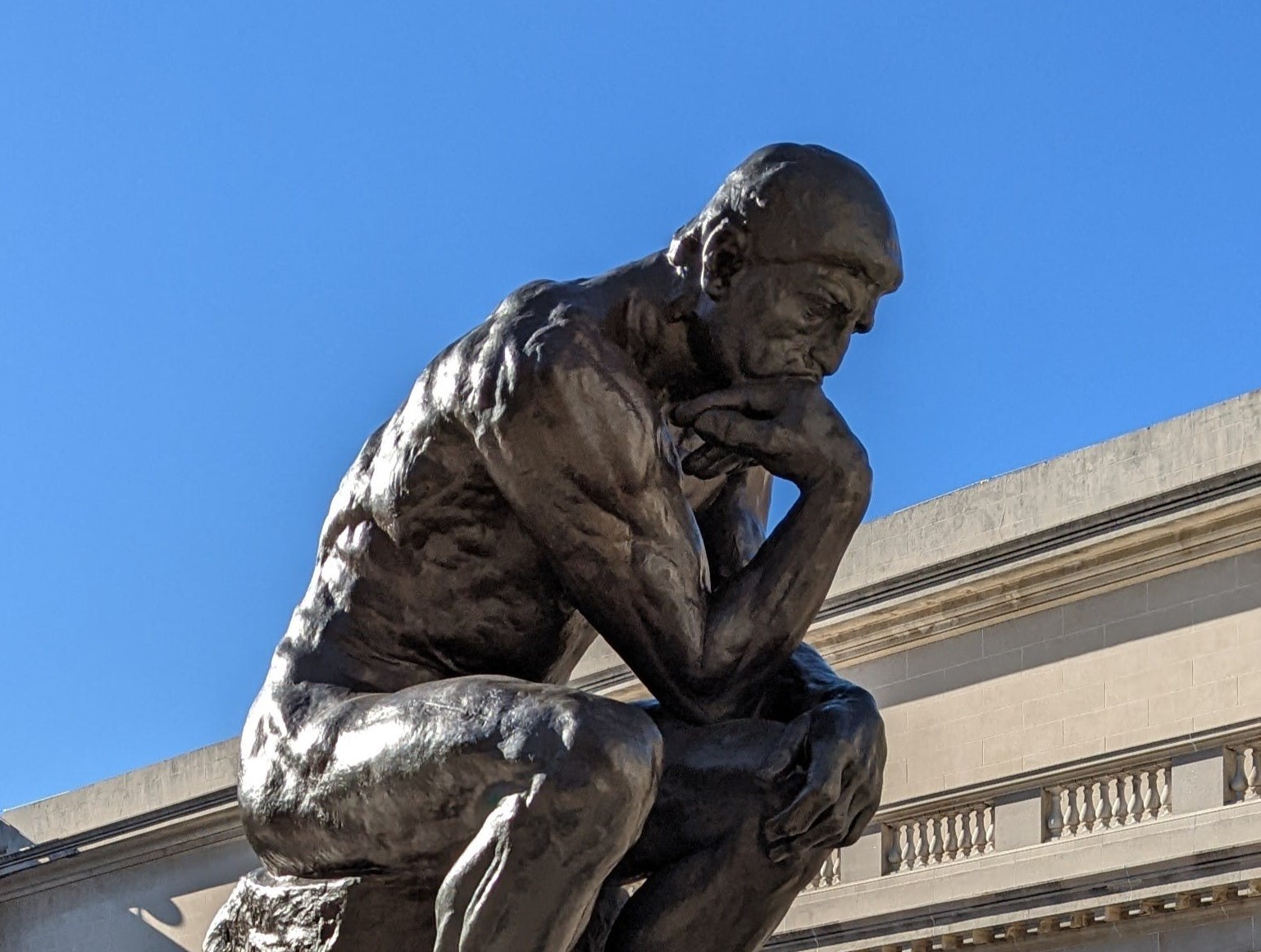Personal safety is a concern that affects everyone. While self-defense techniques and capabilities are important to possess, the most potent weapon we have for our personal safety is our mind. Our mental abilities, such as awareness, intuition, and decision-making, play a crucial role in ensuring our safety.
Awareness: The First Line of Defense
Awareness is our first line of defense. Being aware of our surroundings allows us to identify potential threats before they become dangerous. This includes being mindful of the people around us, the environment we are in, and any changes that occur. By staying alert, we can spot warning signs early and take appropriate action to avoid danger.
Whether you call it situational awareness or “keeping your head on a swivel”, you’ll naturally stay safer in public by keeping your head up and looking around (rather than being buried in your smartphone). Appearing unaware can also often make you a more attractive target for criminals. Predators look for soft targets.
Intuition: Trusting Your Gut
Intuition, often referred to as our “gut feeling”, is another powerful tool for personal safety. Our subconscious mind picks up on subtle cues that our conscious mind may overlook. If something doesn’t feel right, it probably isn’t. intuition is a skill that can be developed and improved upon with practice. Your intuitive learning systems are always operating and accumulating information and beliefs, mostly without conscious awareness.
Fear vs. Intuition: A Distinction
Distinguishing between intuition and fear can sometimes be challenging, but it’s crucial for making informed decisions. Fear is a negative emotion that often manifests through physical reactions such as fight or flight response, sweating, or an adrenaline rush. If you’re feeling anxious and overwhelmed, it’s likely fear. However, if you’re feeling certain and calm, it’s probably intuition. Fear is a response to perceived danger or threat, indicating that the situation is unsafe and urging you to escape as soon as possible. Both fear and intuition are essential aspects of our decision-making process
Decision-Making: Choosing Safety
Our ability to make decisions is a critical aspect of personal safety. When faced with a potential threat, we must decide the best course of action. This could mean choosing to cross the street to avoid a suspicious individual, deciding to stay in well-lit areas at night, or even determining when it’s necessary to call for help. Making smart, safety-focused decisions can significantly reduce our risk of harm.
Mental Preparation: Planning for Safety
Mental preparation involves thinking about potential risks and planning how to respond. This could include researching safe routes when traveling, having emergency contacts readily available, or practicing what to do in different threat scenarios. By preparing mentally, we equip ourselves with the knowledge and strategies needed to respond effectively to threats.
Mental preparation is not just about being ready for the task at hand, but also about being able to handle the pressure, stress, and anxiety that come with it. It’s about building a strong mental foundation that allows you to perform at your best, regardless of the circumstances. Training plays a crucial role in mental preparation.
Final Thoughts
While physical self-defense methods certainly have their place, our mind remains our most powerful tool for personal safety. It’s a weapon that you have with you all the time. It’s not subject to “Gun Free Zones”. By cultivating awareness, trusting our intuition, making smart decisions, and preparing mentally, we can significantly enhance our personal safety and navigate the world with greater confidence and peace of mind. Your mind is your best weapon. So, use it wisely.
*The views and opinions expressed on this website are solely those of the original authors and contributors. These views and opinions do not necessarily represent those of Spotter Up Magazine, the administrative staff, and/or any/all contributors to this site.
